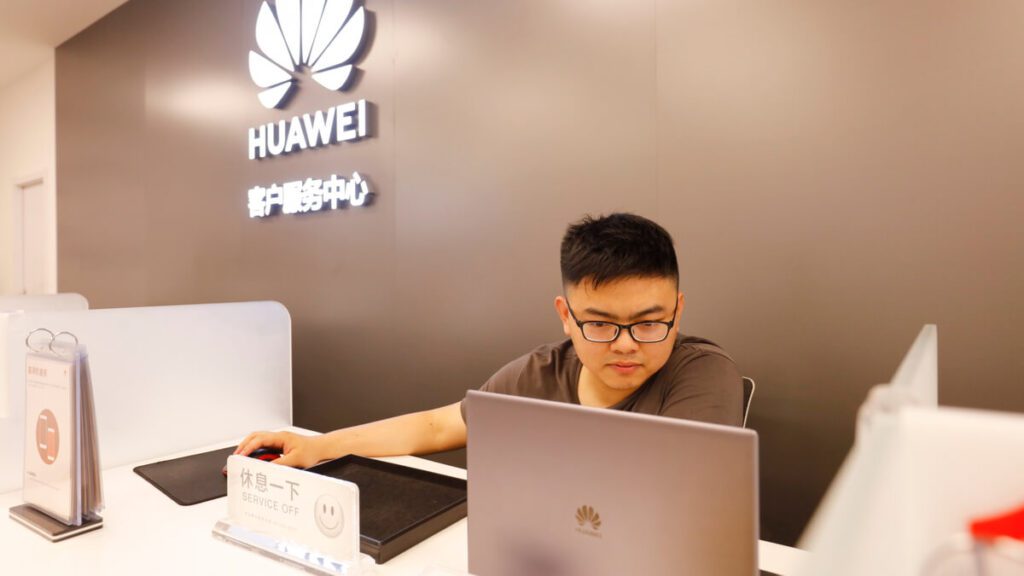
Ren Zhengfei, Huawei Technologies’ founder and CEO, has instructed his staff to throw their weight behind software development as the company looks for other markets to lead in, shying away from hardware operations that has been crippled by U.S. sanctions.
In an internal memo viewed by Reuters, Ren highlighted the importance of relying on the software business since the field is “outside of U.S. control and we will have greater independence and autonomy.”
This memo represents a clear response by Huawei to relieve some of the pressure placed upon it due to sanctions enacted by the previous Trump Administration on its core business model, hardware.
Former President Donald Trump has placed the Chinese tech titan under a blacklist back in 2019, banning it from accessing U.S.-based technologies and telecoms; the ban heavily impacted Huawei’s ability to design its own semiconductors as well as outsourcing from other keys vendors.
The switch in focus to software seems to be the de-facto path to follow, since the production of advanced hardware is a long-term investment that requires in-depth R&D. Especially since sanctions are likely staying with current U.S. president Joe Biden at the helm.
Thus, Huawei will look to double down on its software ecosystems such as its HarmonyOS – an operating system created following sanctions – as well as its cloud AI system called Mindspore and a myriad of other IT products, the memo noted.
The blacklist also barred Google from providing technical support to new Huawei smartphones and access to Google Mobile Services, the bundle of developer services upon which most Android apps are based.
However, it is worth mentioning that on paper, Huawei hasn’t taken a huge hit to its financials, since the company recorded a $138.7 billion in revenue during 2020, according to its annual earnings report.
In addition, the CEO’s memo stressed the shift in focus to software relies on the right business model, with open source being the most likely approach. Ren further added that Huawei should bolster its position within mainland China and later grow outside of it to possibly exclude the U.S.
“Once we dominate Europe, the Asia Pacific and Africa, if U.S. standards don’t match ours, and we can’t enter the U.S., then the U.S. can’t enter our territory,” it said.
Huawei is notorious for its mentally exhausting company culture, and the memo recommended that the software teams should onboard psychology professionals to help newcomers in dealing with the challenges they might face.
“Now some young people have high IQs, but their EQ might be low, and their mentality is not mature, and it’s easy for them to get sick,” Ren said.